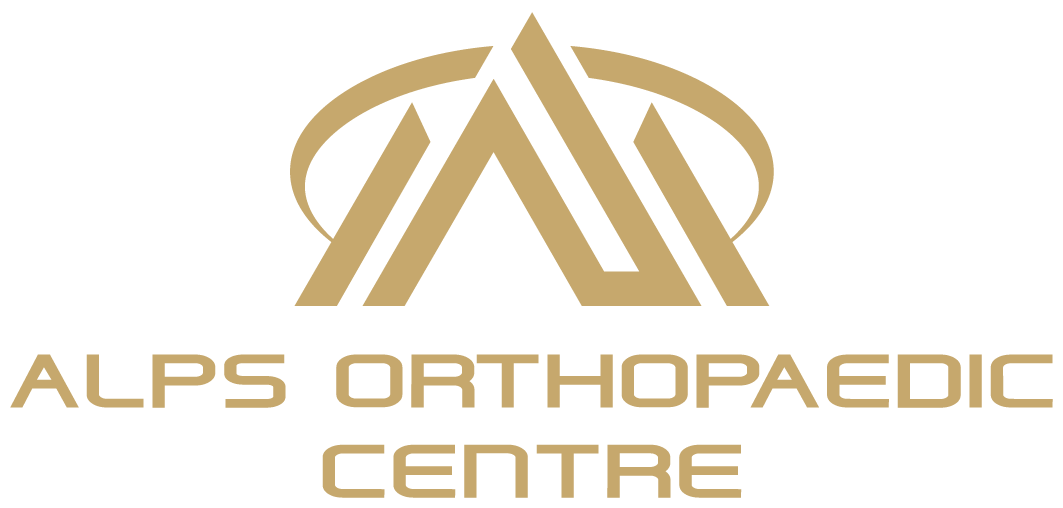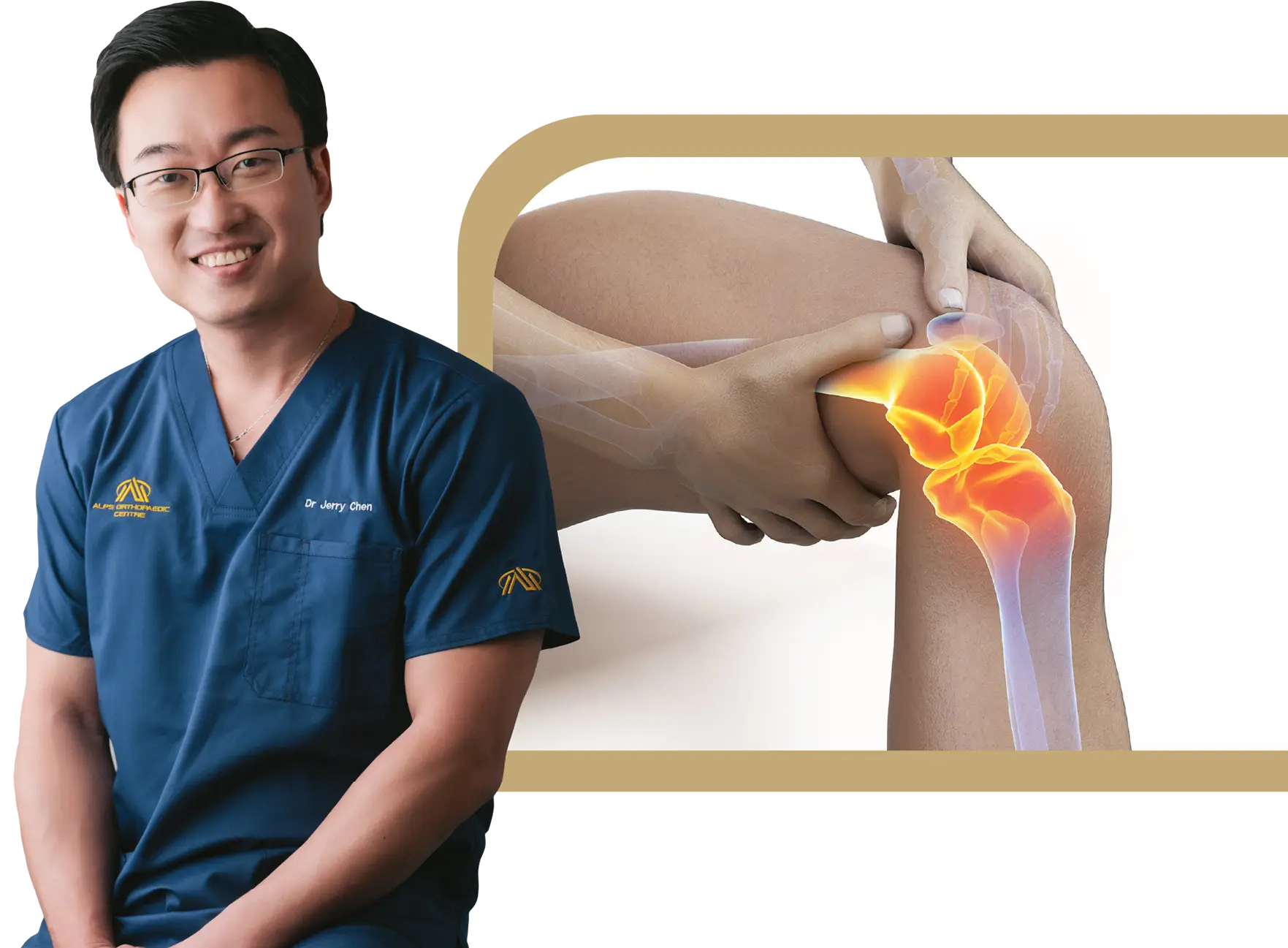
Knee pain isn’t just discomfort; it’s a thief of your freedom, limiting your mobility and stealing moments of joy from your life. Whether it’s chronic pain, an injury, or a condition that hasn’t found relief, Alps Orthopaedic Centre understands.
Dr Jerry Chen strongly believes in tailoring the management according to the patient’s symptoms, function and lifestyle. Apart from non-surgical treatments such as physical therapy and injectables for milder cases, there are also different surgeries available for more severe osteoarthritis.
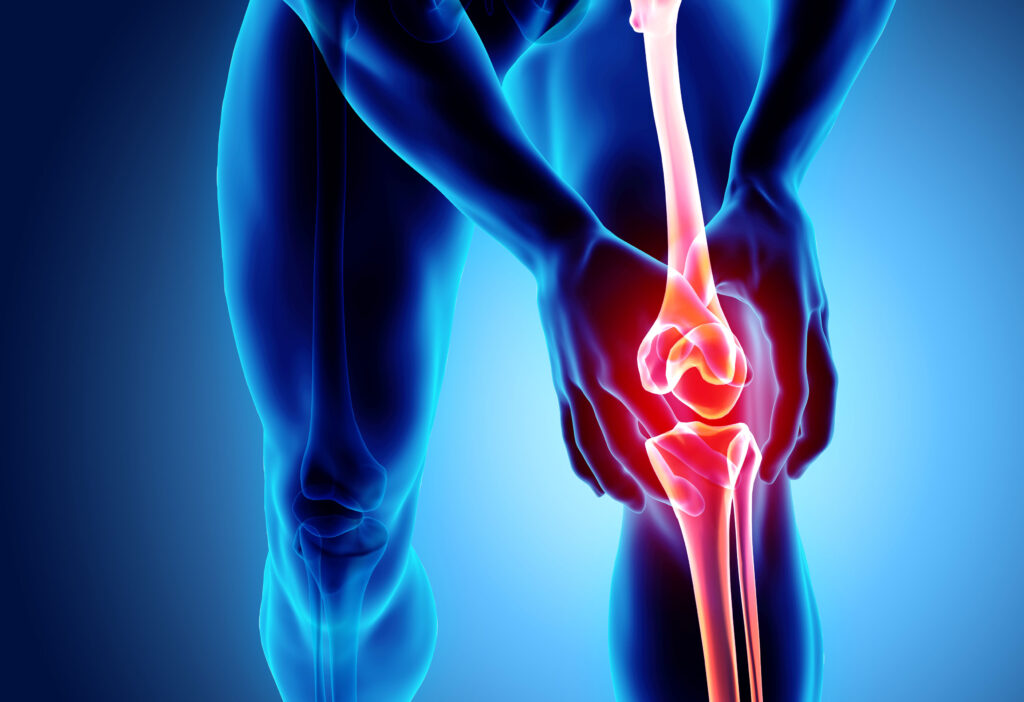
Before starting his own specialist clinic, Dr Jerry Chen was a Consultant at Singapore General Hospital (SGH), where he accumulated over 13 years of experience in Orthopaedic Surgery. Having performed over 500 surgeries in a year, he has been instrumental in helping numerous patients recover from injuries and diseases of the musculoskeletal system.
As a driven and valued member, Dr Chen spearheaded the workgroup for Enhanced Recovery After Surgery (ERAS) for hip and knee replacement surgery at SGH. His clinical interests include ERAS Hip and Knee Surgeries, Joint Replacement Surgery, Joint Preservation Surgery, Sports Injuries and Rehabilitation, Minimally Invasive and Robotic Surgery, and Trauma Fractures of Upper and Lower Limbs.
ERAS is a specialised approach for orthopaedic surgeries that optimises the patient’s preoperative, intraoperative and post-operative care to improve outcomes and recovery speed. Before the surgery, patients undergo a thorough assessment. They are encouraged to engage in rehabilitation exercises to strengthen their muscles. During the surgery, specific techniques are employed to minimise trauma and stress on the body. For instance, in total knee replacement surgery, the kinematic-alignment technique restores the patient’s natural knee anatomy, minimising soft tissue damage and optimising joint mechanics.
Consequently, it effectively reduces post-surgical discomfort and pain. Postoperative care includes early mobilisation and targeted nutrition. The ERAS programme is strategically designed to return patients to routine activities as early as possible.
Over the course of his career at SGH, Dr Chen has successfully employed ERAS and reduced the average hospitalisation stay for hip and knee replacement surgeries from 4 days to 18 hours. This has benefited more than 2,000 patients thus far, enabling minimal postoperative pain and faster recovery.
Unicompartmental Knee Arthroplasty (UKA), or partial knee replacement, maintains patients’ normal physiological walking pattern and allows them to have a shorter recovery period.
With a shorter hospital stay, the knee replacement costs are usually lower. A patient can expect to walk with aid on the same evening of the surgery. However, recovery from knee replacement surgery varies based on factors like age, physical health, and the extent of joint damage.

Radiofrequency ablation (RFA) is a minimally invasive procedure carried out at the clinic, with patients typically returning home on the same day. Radio Frequency Ablation utilises radio frequency energy to heat and destroy painful nerves, preventing them from transmitting pain signals and thereby alleviating symptoms.
Simultaneously, it can be employed to eliminate any inflammation within the facet joints, addressing the root cause of discomfort. This method of treating nerve pain is frequently applied in cases of back pain. Relief from pain following RFA is usually felt one to several weeks post-procedure.
Patients are recommended to rest for a few days before resuming their usual activities. While returning to regular activities is encouraged, it’s advised that patients use their pain levels as a guide during the initial days.
Should you find your quality of life compromised by knee pain, an advisable initial step is to make an appointment with Dr Jerry Chen for an accurate diagnosis.





Utilising these diagnostic techniques, Dr Jerry Chen, our award-winning knee surgeon can determine the root cause of your knee pain and recommend a tailored treatment plan.





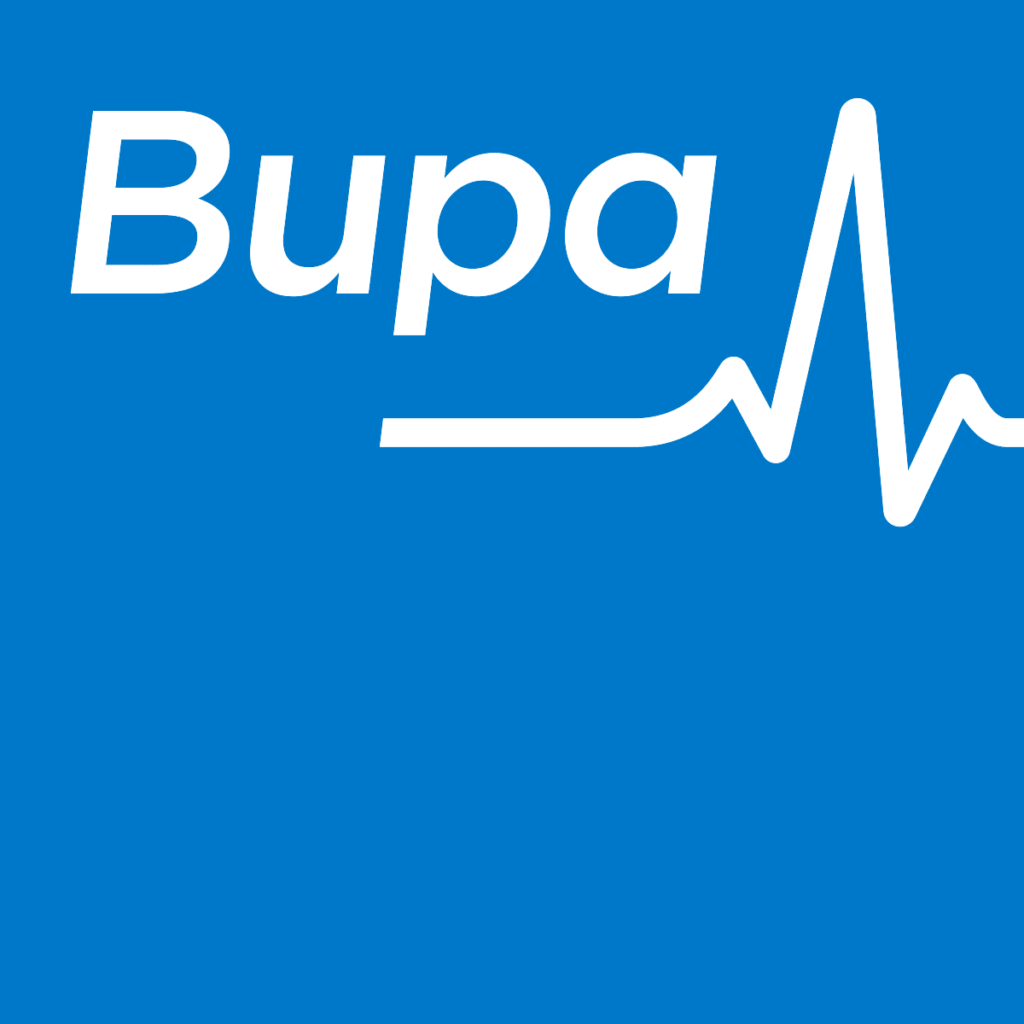





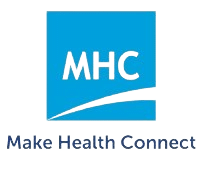
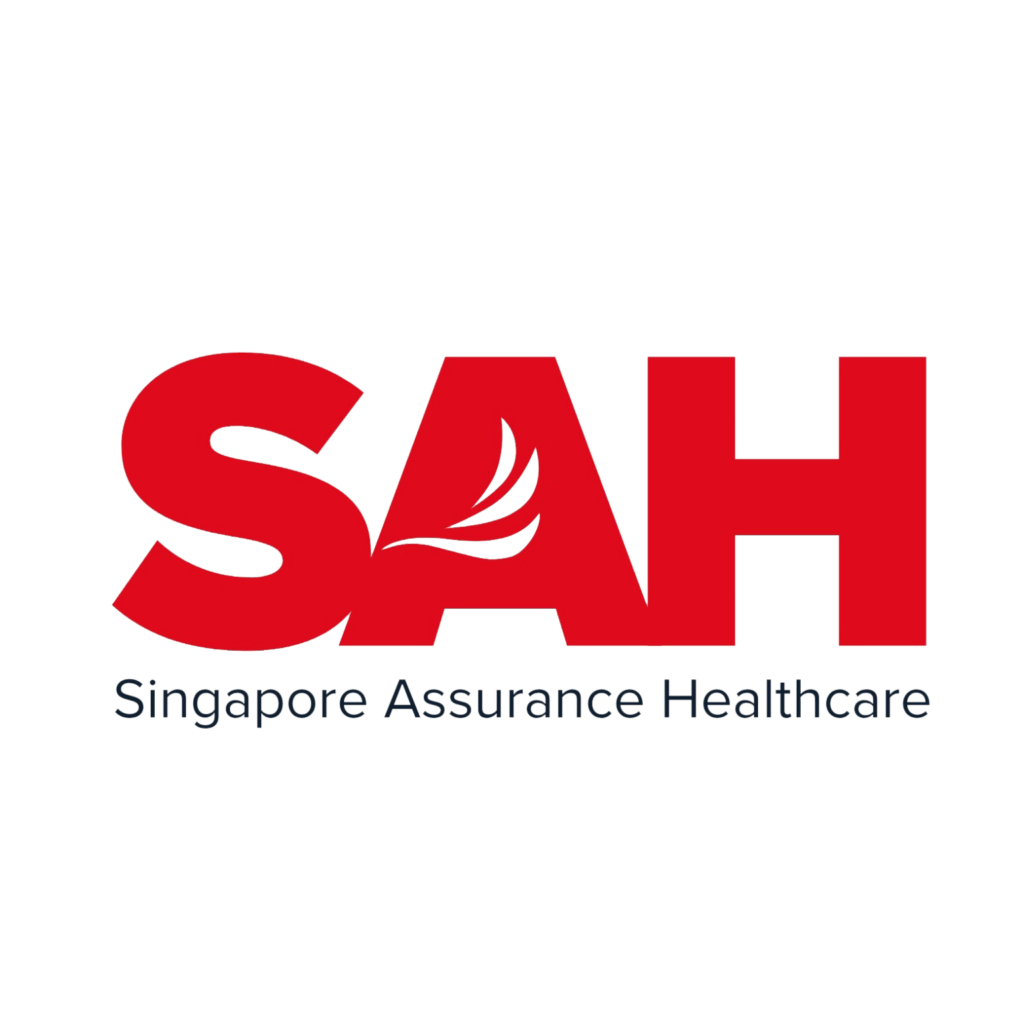

















If the root cause of severe knee pain is neglected, it can result in additional injuries and grave complications. Your knee might swell, lose stability, seize, or even become deformed. Intense knee discomfort won’t subside until you actively pursue treatment. Joint stiffness, swelling, and increased pain can drastically affect your overall quality of life.
The primary catalysts for a knee replacement are pain and disability. Osteoarthritis stands out as the prevalent condition necessitating this surgery, defined by the deterioration of joint cartilage. This degeneration can render knee movements extremely painful, potentially causing the knee to swell or become unstable due to the compromised joint.
Knee replacement surgery is not invariably the initial course of action. Doctors typically explore less invasive treatments first, including oral medications, topical applications such as ointments or creams, joint injections, lifestyle adjustments like weight management and physical activity, physical therapy, or dietary supplements. Should these measures prove inadequate, knee replacement surgery may then be considered as a viable option.
Patients remain in the hospital for a longer duration post-surgery using conventional surgical methods, with the duration varying between total and partial replacements. Those undergoing partial knee replacement generally experience a quicker recovery. For patients who are undergoing Enhanced Recovery (ERAS) Knee Replacement Surgery, they typically experience faster recovery with a shorter hospital stay
Patients are encouraged to stand, with assistance from healthcare professionals, within a day following the operation. Crutches are necessary for a short time post-surgery, though it might take up to several months for the pain to fully dissipate. During this time, pain management may involve prescribed analgesics.
Achieving full recovery requires at least 3-6 months, and it could take longer for the artificial knee to feel entirely normal.
The Enhanced Recovery After Surgery (ERAS) approach represents a multidisciplinary, evidence-based perioperative care pathway designed to diminish surgical stress and hasten patient recovery, in contrast to traditional surgical methods.
This approach encompasses three critical phases: preoperative, intraoperative, and postoperative care.
During surgery, the ERAS strategy employs minimally invasive techniques to minimise tissue damage, leading to less pain and a faster recovery compared to traditional practices. This approach significantly alleviates post-operative discomfort and accelerates recovery.
Post-surgery, a comprehensive programme is introduced to support the patient’s recuperation, marking a departure from conventional postoperative practices.
Your journey to a life free from knee pain begins with a conversation. Reach out to us to schedule your consultation.
Let’s explore how we can support your path to recovery together.
Reach out to us for specialised orthopaedic care. For enquiries, leave a message and our friendly team will get in touch with you.
For urgent assistance and/or after office hour enquiries, please contact us or Whatsapp us at (65) 9088 4555
